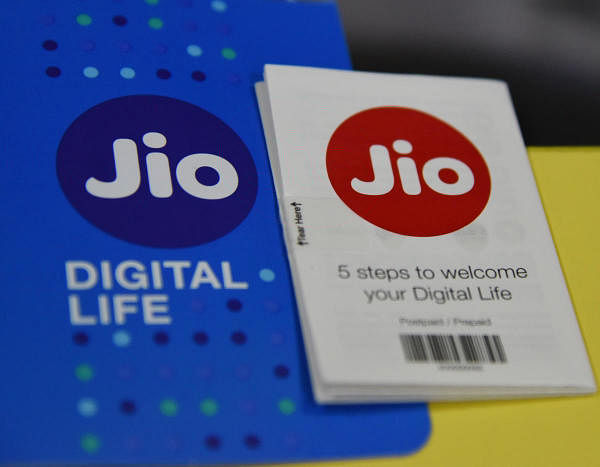
Much like the lockdown, there has been no end to the fundraising by Jio Platforms, India's largest telecom service provider. A part of Reliance Industries Limited (RIL), Jio Platforms has raised a staggering Rs 1.04 lakh crore from 10 deals in eight weeks, and it's not done yet. And all of this happened as economies collapsed, businesses tumbled and stock markets crashed around the world. What explains this extraordinary investor interest in Jio Platforms? But before that, why is the Mukesh Ambani-controlled RIL reducing its stake in Jio Platforms? We decipher everything for you.

Why is Reliance selling its stake in Jio?
RIL had to raise a lot of debt to launch Jio 4G in September 2016 (remember all the freebies and the cheap data packs that Jio offered?). As Jio grew and beat the competition in less than four years, RIL decided to pay off the debt and, if possible, earn some profit by selling a part of its stake. This was also part of RIL's larger plan to become debt-free by March 2021. Accordingly, RIL went looking for investors in Jio Platforms (which was earlier called Reliance Jio Infocomm). RIL aims to eventually list Jio Platforms on the stock market.
Who all have invested in Jio Platforms?
It started off with Facebook, which announced an investment of $5.7 billion on April 21, 2020. Two weeks later, American private equity player Silver Lake Partners invested $750 million. This was followed by Vista Equity Partners ($1.5 billion), General Atlantic ($870 million), KKR ($1.5 billion), Mubadala Investment Company ($1.2 billion) and Abu Dhabi Investment Authority ($750 million), Silver Lake (second tranche of $600 million), TPG Capital ($600 million) and Catterton (Rs 1,895 crore). In return, RIL has given away a 22.38% stake in Jio Platforms to these investors.
How did Jio raise so much money when the world is staring at a recession?
Jio Platforms is no ordinary company. First, it's a part of RIL, the largest company in India. Second, Jio is the market leader and making profits. It makes abundant business sense to invest in Jio and make profits before the company gets listed on the stock market a few years from now.
What will Jio do with all this money?
A large chunk of this money will go towards paying off the debt that RIL owes to banks and other lenders. Secondly, the company will use a part of the money to fuel further growth in Jio Platforms, with Mukesh Ambani focusing on data. But that's not all. If RIL finds other avenues for investment, where the return is more than the interest on loans, analysts say the company could invest there.
Has any other telco raised money recently?
On January 14, Bharti Airtel raised $3 billion (Rs 21,240 crore) through a combination of the private placement of shares and an overseas sale of convertible bonds. A recent news report said Airtel was in talks with Amazon to raise $2 billion (about Rs 15,000 crore). But there's been no deal as yet. Another report said Google has shown interest in Vodafone-Idea, but a deal looks difficult to come by given that the telco has taken too much debt and is bleeding money.
What do these deals mean for India's telecom sector?
These deals reflect huge investment opportunities in India's telecom sector which is booming but facing a crisis due to the AGR (adjusted gross revenue) controversy. Telcos are legally required to share a percentage of their AGR with the government as annual licence fee and spectrum usage charges. While the Department of Telecommunications pegs these dues at Rs 1.19 lakh crore, a self-assessment by the telcos estimates them at Rs 37,176 crore. The sector also owes Rs 3.5 lakh crore to banks.
Many analysts expect that only two companies, Jio and Airtel, will remain in the long run. One of the biggest beneficiaries in the post-Covid world are expected to be telecom service providers, with increased dependence on work-from-home and social distancing. And with data set to be more valuable than ever, technology companies would want to invest in telcos, which have vast user data.